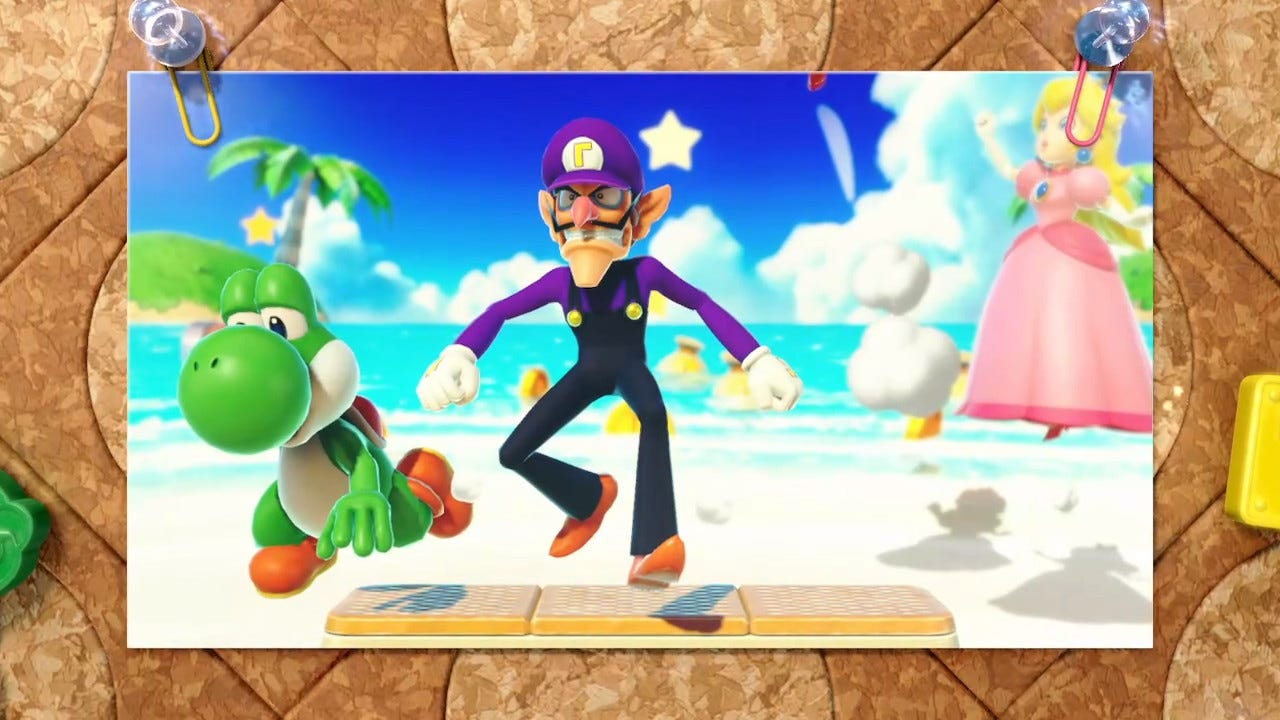Explainer: The mayhem of the Mario Party series
With 19 games over released over 25 years, here's all you need to know about this long-running, but frustration-inducing series.

This weekend I dropped spiky blocks on my mates' heads, attempted to cherry-pick them off a conveyor belt and ultimately defeated them by stealing their stuff.
It was all in the name of a good time, of course. Surely they enjoyed it as much as me? And to be clear, it was done virtually, through playing the latest Mario Party game.
There's perhaps no other video game series quite like Mario Party. It's accessible for new players, yet can be incredibly frustrating for any who pick up the controller. It's formulaic, yet creative. It's also a game series where each sequel isn't necessarily an improvement.
Curiously, there are very few other games like it in the market. That's remarkable when you consider that almost every big title these days has a doppelganger floating about.
With Super Mario Party Jamboree — the 19th game in the series — out late last week, I wanted to …
Keep reading with a 7-day free trial
Subscribe to Infinite Lives to keep reading this post and get 7 days of free access to the full post archives.



